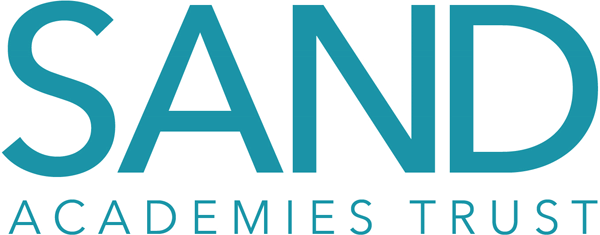Overview
Approaches to Writing
At Calton Primary School, we believe that developing communication skills is vitally important for our children to be successful. Therefore, we aim to develop children’s confidence, fluency and accuracy to communicate their ideas in a variety of styles and formats for a range of purposes. Also, we aim to enable children to recognise the difference between the written and spoken forms of language.
We believe that success in writing is partly determined by the experience of reading. A child who has heard many stories and is familiar with a wide range of conventions in different text types will be able to draw on them in their own writing.
We aim to provide a wide range of high-quality model texts and a rich vocabulary, that children can accurately apply and use to creatively innovate their own ideas. Furthermore, we aim to provide frequent, purposeful and varied opportunities to write across the curriculum, enabling the children to make judgements concerning the tone, style, format and vocabulary appropriate to the audience.
Implementation
Based on the National Curriculum, we teach writing using Pie Corbett’s Talk for Writing approach, employing the three stages of imitation, innovation and invention to a range of non-fiction, fiction and poetry genres.
Our long-term English plan ensures that all genres are mapped out across each year group. High quality texts, linked to our class themes, model the language, vocabulary, structure, punctuation and grammar that we expect our children to independently apply in their own speaking and writing. Our progression document carefully plans for progression in genres and toolkits such as setting, tension and characterisation. Basic skills and non-negotiables underpin writing in all areas of the curriculum. We link our writing context to our curriculum topics, finding real life reasons for children’s writing to enthuse them with purpose.
The three stages of Talk for Writing
Spelling
Pupils are taught to ‘Fred talk’ the sounds in words and learn the complex code of alternative spelling patterns in Read Write Inc lessons.
Spelling teaching is interwoven throughout the English Talk for Writing genre and across the curriculum. However, we have also introduced, from Years 2-6, a discrete spelling lesson using the Read Write Inc Spelling programme. Although the teaching of phoneme-grapheme correspondence underpins this programme, it also develops children’s knowledge of word families, how suffixes impact upon root words, and provides mnemonics to remember the trickiest spellings.
Through an instructional approach (with the help of online alien characters), partner and group practice, and competitive group challenges help children to commit new words to memory.
Handwriting
Early Years and Key Stage 1 children use the Read Write Inc scheme to support them to form letters accurately. We teach cursive handwriting from Reception. Cursive handwriting aids fluency and speed, helps to eliminate letter reversals, supports spelling and improves presentation.
Pen licences are awarded to children who prove that they can consistently form letters accurately and legibly across a range of subjects and genres.
Assessment
Regular pupil progress meetings are held with particularly close monitoring of children making slowest progress. Children in danger of falling behind, or who are working below expected levels (lower 20%), are swiftly identified and additional support is provided to enable them to keep up.
For those children who are below age-related expectations
Through quality first teaching, we ensure that children ‘keep up not catch up’. However, any children who are falling behind receive immediate targeted support.
Impact
The impact will be measured through:
Book scrutinies – showing clear progression in application of skills and knowledge, cross-curricular links being made, correct use of vocabulary and appropriate differentiation.
Lesson visits (sometimes with link governors) – will show children enthused about and engaged with their learning.
Pupil Voice – will evidence children’s enthusiasm for the subject, aspirations for English based career choices and children’s abilities in recalling and applying their English knowledge to a range of contexts.
Assessment data will show systematic acquisition of writing skills and knowledge assessed through practical application and recall. Our expectation is that children will be fluent writers across a range of genres, using the appropriate features relevant to each. All children, including the weakest writers, will make sufficient progress to meet or exceed age-related expectations.


